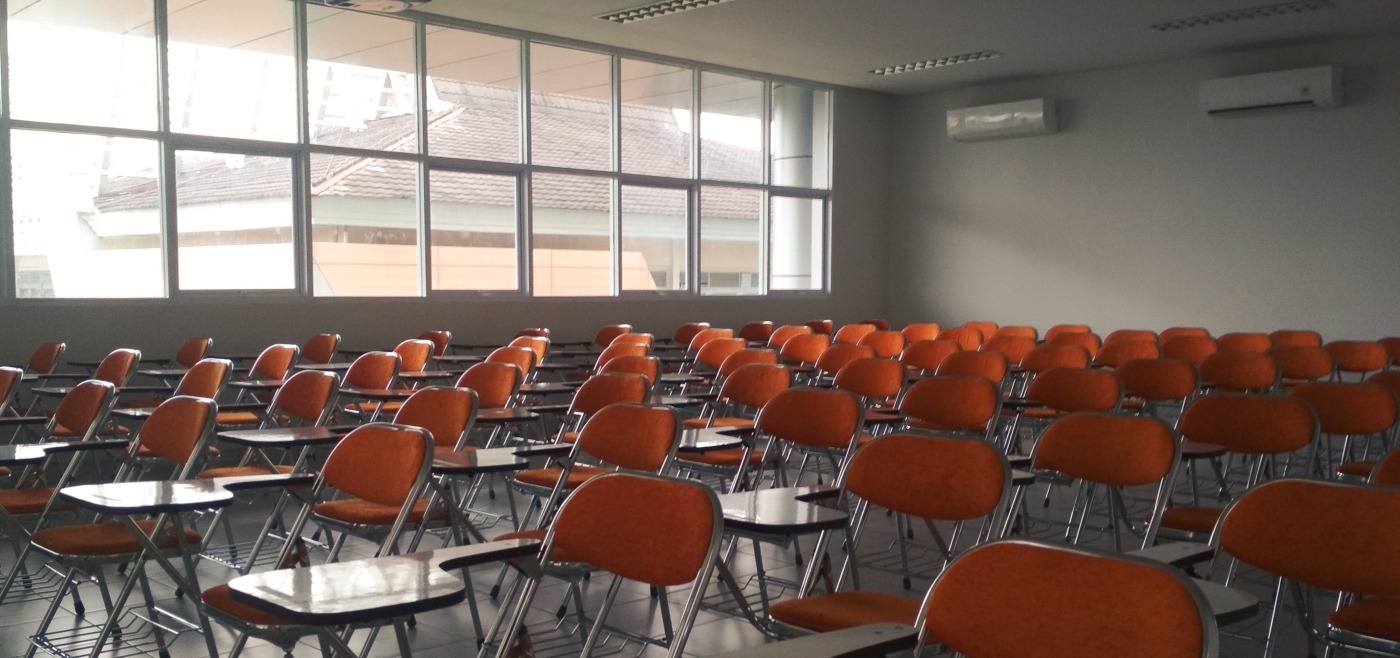School graduates this year face huge restrictions in social mobility
In a heavily controversial move, Ofqual announced last week that this summer’s GCSE and A-level grades will be based on predicted grades given by teachers, according to the student’s ranking in class and the past performance of the school.
To put it bluntly: if this had happened two years ago, I would not be at Warwick.
Students in private schools across the UK have nothing to fear. These institutions have a history of consistent top grades which will ensure that students receive grades to get into the best universities. Oxbridge and Russell Group universities already have issues with diversity – this year, these will only worsen. As Jo Grady said – “disadvantaged students are the ones most likely to miss out.”
If this had happened two years ago, I would not be at Warwick
The same goes to those that attended selective state schools in the UK. High-performing grammar schools where teachers have the knowledge and ability to ensure students get the grades to get into elite universities will not suffer under the new regulations.
I worry about the comprehensives, academy trusts and free schools across the country to name a few. I fear for students from BAME and widening-participation backgrounds who attend schools that traditionally perform low in the league tables and suffer from low-Ofsted ratings. Even if these pupils have the best teachers with the best intentions, there’s nothing to stop Ofqual lowering their predicted grades in line with the school’s average.
This move by Ofqual completely ignores high-performing students who are unlucky enough to attend schools that churn out low grades. In Year 12, I was told in an assembly that the average grades for the Sixth Form for that year were CCD. I dread to think what grades Ofqual would have reduced my predictions down to in line with the school’s average.
While the decision to take exams in the winter is there for pupils who are unhappy with their grades, many of the pupils in this position will not be able to put their life and education on hold
The times we are living in right now are completely unprecedented and I completely sympathise with the decision-makers in the education industry right now. Trying to find a perfect solution to the problem of GCSE and A-level grades is impossible.
However, as it stands, this decision will do nothing but increase the widening attainment gap in the UK. The progress made in increasing social mobility in this country will be pushed back, and I fear for what Warwick will look like next year.
While the decision to take exams in the winter is there for pupils who are unhappy with their grades, many of the pupils in this position will not be able to put their life and education on hold. As their more affluent peers go off to university, they will have to spend the next few months in a state of limbo. With anxiety, health problems, work commitments and lack of working space causing inequalities in the ability to spend months revising, I also worry that these pupils would not be ready to sit exams in the winter.
I feel sorry for all the students who have to wait and let their future be dictated by an indiscriminate exam regulator who doesn’t account for privilege
Students aren’t set to find out what their grades will be until mid-August. Yes, this is what happens every year but when the results are completely out of your hands, I feel sorry for all the students who have to wait and let their future be dictated by an indiscriminate exam regulator who doesn’t account for privilege.
Sally Collier, chief regulator at Ofqual, said “the grades you get this summer will look exactly the same as in previous years”. I take issue with this assertion. There is evidently no room for high-achieving pupils in schools across the UK that have consistently struggled to produce pupils with high grades.
I’m uncertain as to what a preferable alternative would look like. Perhaps all students should take the exams at a time when the crisis has calmed down, and then start the university year later. What I am certain of is that this move will make universities across the UK a very different place next year.

Comments